Court Greenlights Vetting of IEBC Nominees, Blocks Swearing-in
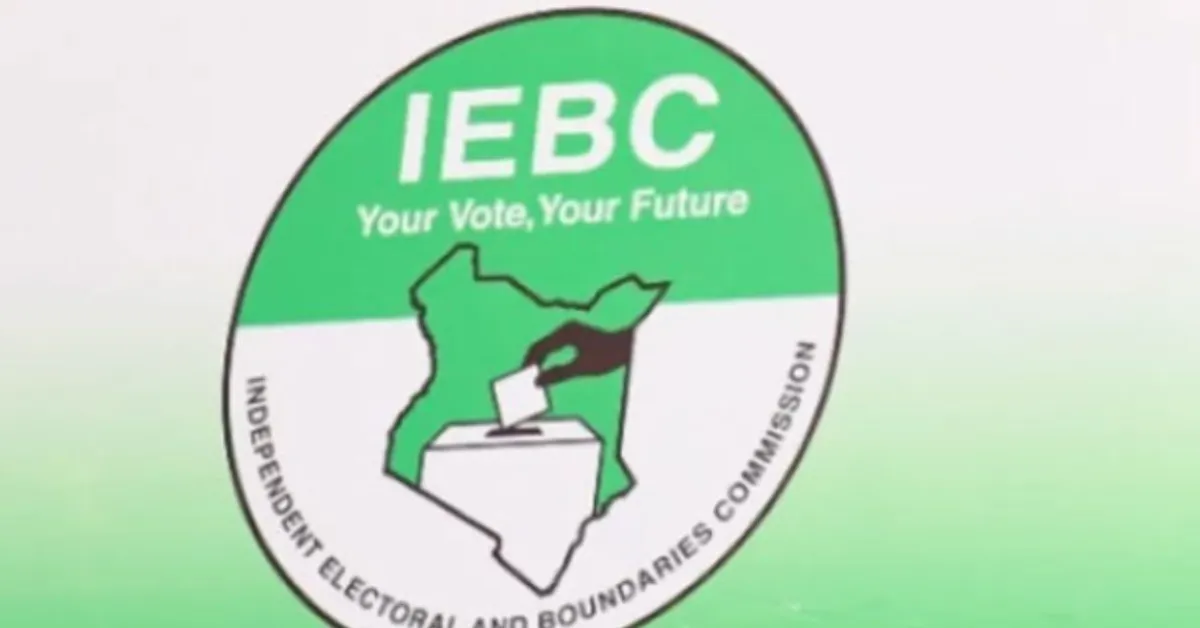
The High Court has authorised Parliament to proceed with the vetting of seven nominees slated to lead the Independent Electoral and Boundaries Commission (IEBC).
The court, however, has issued a conservatory order barring their formal appointment and swearing-in until a pending legal challenge questioning the legitimacy of their nomination by President William Ruto is resolved. Justice Lawrence Mugambi has issued the ruling in response to a petition filed by voters Kelvin Roy Omondi and Boniface Mwangi, who allege that the selection process failed to adhere to constitutional principles, specifically concerning regional balance and political neutrality.
The legal action contests the nomination of Erastus Edung Ethekon (proposed chairperson), Hassan Noor Hassan, Mary Karen Sorobit, and Anne Nderitu, asserting their prior political affiliations and roles in state offices render them ineligible. Justice Mugambi underscored the critical nature of the petition, emphasising that if the nominees were permitted to assume office before the legal challenges were addressed, any subsequent court ruling against their selection would be rendered ineffective. He noted that unlike other public appointments, the removal of commissioners of an independent body such as the IEBC necessitates a more complex constitutional process involving Parliament.
"The petitioners have satisfied the threshold for conservatory orders. Pending the hearing, a conservatory order is issued preventing gazettement, taking of the oath of office, or assumption of office by the seven nominees. The vetting may proceed but subject to the order above," Justice Mugambi said.
Recognising the case's constitutional weight, Justice Mugambi referred it to Chief Justice Martha Koome for the appointment of an expanded bench. The involved parties are now awaiting further instructions from the Deputy Registrar regarding the hearing schedule. The petition centers on three principal allegations. First, the petitioners contend that certain nominees are ineligible due to their previous involvement in politically sensitive roles, raising concerns about their impartiality in managing future elections.
Second, they accuse President Ruto of failing to consult with the opposition during the nomination process, as mandated by the National Dialogue Committee (Nadco) Report and the IEBC (Amendment) Act, 2024. Finally, the petitioners argue that the appointments disregard the principle of regional balance, noting that two nominees are from the Rift Valley region, while other areas, such as Lower and Upper Eastern Kenya, were excluded from consideration.
The petitioners also questioned the non-disclosure of the final report and candidate evaluations from the selection panel, arguing that transparency is essential for the integrity of the nominations. This legal challenge carries significant implications for Kenya's electoral governance, touching on constitutional integrity, transparency, and fairness in the appointment of commissioners responsible for overseeing future elections. Parliament's vetting process is expected to be heavily scrutinised, with opposition lawmakers likely to probe the legitimacy of the nominees.
The concerns raised about regional representation and the political affiliations of the selected individuals also highlight broader questions about inclusivity and fairness in public appointments. Justice Mugambi acknowledged the public interest in the prompt establishment of a new IEBC leadership. However, he emphasised that judicial scrutiny is essential to prevent potential constitutional breaches.
"The entire process must comply with the Constitution. Without preserving the case, it becomes an academic exercise," he said.

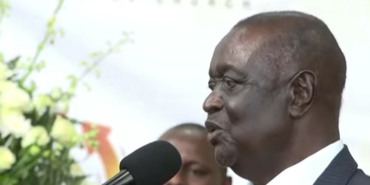




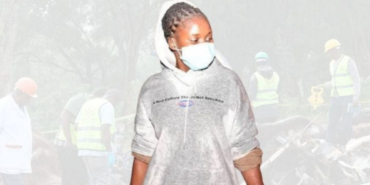

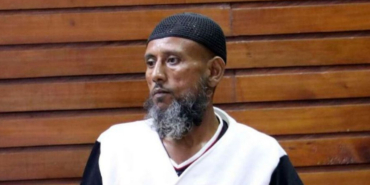
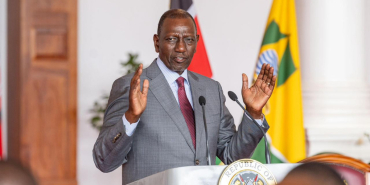


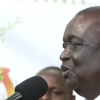

Add new comment